
OR
Technology-enabled offense spreading its ugly tentacles
Published On: June 25, 2019 01:10 PM NPT By: RSS

KATHMANDU, June 25: A woman in her final semester of a Master's degree program decided to do IELTS course as she was thinking of going abroad for higher studies. After a few days at the IELTS class, an idea suddenly clicked her mind – why not take help of the internet to find supporting materials to hone her command in English.
She believed that information technology has been an indispensable part of present human society. She started surfing through social media and on Skype encountered with a group page which name suggests that it was a group of English speaking people. She did not hesitate to join the team and found that it has several members.
In no time, she started receiving texts like 'hi', 'hello' and so on in the group chat and in her private message box as well. One guy instantly promised to coach her for the English. Another male face appeared on the screen with 'hi dear'. She took it normally and responded with 'hello'.
After a brief conversation and at the time he had already started texting her 'you are so beautiful like an angel'; 'hi honey'; 'everything for you'; 'I am anytime ready for your help.' This man took no minutes further to open his web camera and started unzipping his trousers. She could not believe her eyes the ‘scene' she saw. She had not at all expected this. “It was highly disturbing and offending.” Her head went blank for some minutes.
After some time she decided to resist it with the determination to know up to what level he would go. She asked if he was here for all these. The man replied 'yes' in a very confident voice and revealed that most of the male members of the group were like him. When the situation crossed the limit, she blocked him and left the group.
Since the incident, she does not feel fully comfortable with the people on social media as before. A college teacher in her 30's frequently received unwanted messages on her personal account on social media. The conversation started with the words of greetings 'Namaste, hi, hello, how are you,' reached the level of comments on physical appearance or body within some minutes or hours.
In case of objection, they do their best to keep hooking the second party into the conversation and instantly seek an apology and try to normalize the situation with words like, "We can be friends, good friends," and if sensed the receiver is convinced, they tend to continue with the conversation.
These two stories come as a testament that mutual interests and consent are preconditions to have and continue with any conversation, whether offline or online. Forced entry into other’s life could never be entertained. Kailash Rai, an academician and a researcher who strongly advocates for the rights of the marginalized and ethnic community, is often greeted with negative and unwanted comments in regard to her online articles.
Sometimes, she got notifications that her email was being tried for hacking. Those people who express progressive opinions challenging and tending to break stereotypes face ire, verbal abuse and nonsensical comments from no-name accounts on social media.
A female journalist’s facial expression changes whenever she recollects the distasteful incident dating back to 14-15 years ago. It had not been long she opened her e-mail and was excited to communicate with her colleagues via the new technology. But her excitement could not last long as she started receiving ‘nude photos’ on her e-mail on a regular basis from an unknown sender. It continued not for days, but for the whole eight months, pushing her into the verge of depression. “Those days were nightmares for me, I found myself totally helpless, in the grounded position.”
Though she shared what was going on with her colleagues, she did not get any sort of help. Later she became more afraid about her decision to share the story with them as she feared that it would tarnish her image, it could be labeled as her fault, and her character could be questioned ( victim blaming is a frequent situation that women face in such condition). The sender stopped his unethical business after eight months, but she had a doubt that the person might be among those known to her. These all incidents make the list of online offense and violence.
According to Shubha Kayastha, co-founder of Body & Data, the organization working on creating a free, open and just internet that respects the autonomy of individuals and upholds their dignity, forms of online violence are varied in its nature and degree. It is a trans-border issue, and the perpetrator and the victim may be from different countries when the information technology has connected the world so closely, transforming the globe into a single village.
Sending unwanted texts, passing on hate comments to someone's status and photos, attacks on people's sexuality and dress, bullying, surveillance, verbal abuse, rape, and murder threats, spreading of images without consent, fraud and so on via the use of internet-supported technologies make up online violence. The means could be Facebook, meme, WhatsApp, Twitter, Viber, and Instagram. She tells that people are less known to the online or cyber world offense and the issue needs a wider public discourse. Vulnerable groups Kayastha says that progressive groups and feminists are often targeted for harassment on the cyber world because their views and opinions challenge and tend to break discriminatory system, and the dominance of a certain privileged group/class in the society.
Besides that, women and queer community face discriminations and violence in online space as in the offline domain. Though online has been an easier and better means for queer community, lesbian, gay, transgender and intersex community to explore their identity and sexuality and develop and exercise the agency, they are at high risk of being subjected to online offense as their existence in the offline world has still not been accepted and it is reflected here also.
Shital Dahal who openly raised the issues of women's freedom and sexuality in her writings, prompting an intense debate on social media and online in the recent Kantipur Saptahik shared she would be highly dispirited when she went through unwanted hate comments, several could not be read with a simple guts, were targeted even at her parents. Dahal's story supports the views of Rai and Kayastha.
Less visibility on online space: limited access to information MA in Gender Studies student Rita Baramu who feels proud to identify herself as a feminist described the internet as a bank of information of this era. “It is a source of learning, freedom of expression and opinion, and amplifying own voices. To stay away from it or have limited access to it means to restrict oneself from reaping its benefits.”
According to her, blocking the offenders or limiting self- access to the internet and social media or isolating from it is never the solution. She defines it as a forced action which could ultimately shrink her space in the digital which is an accessible venue for advocacy for rights of women and marginalized community, for developing good public relations and for building a like-minded circle - a practice and promote agency.
Overall, these tendencies have stripped off their rights to live with dignity, freedom of expression, right to information and basic human rights guaranteed by the constitution and other international treaties including the United Nations Declaration on Human Rights when women, queer and marginalized people have still limited access to digital tools and, they are less digitalized citizen.
The issue must be analyzed from the human rights perspective, she stressed. “It is their human rights to have access to online, freely move on online space, increase their online visibility, express and assert themselves online.”
During a brief online survey that covered 10 males representing 20 to 40 age group including three students representing different fields such as tourism, psycho-social counseling, academia, and even journalism were asked whether they had any idea about online violence. Hardly two of them said they were aware of it while most of women respondents have faced it and already went through its mental, emotional and psychological consequences.
According to Kayastha, misogyny is rampant on online as well as it is highly dominated by the macho culture, the product of patriarchy, as in the offline and this ultimately forces women to be less active online and sometimes stay away from it. "So it is the human rights issues.” Complaints of cybercrime which also covers online violence are dealt with under the Electronic Transactions Act – 2008 in Nepal if they are reported to the police.
But Kayastha said the situation is not encouraging in the country to seek legal remedy in such cases. The data of Metropolitan Crime Division, Teku shows in the 10 months of the current fiscal year, 1567 complaints relating to the cybercrime were registered at the Division.
Out of them, 1027 complaints mention women as victims. Alternative Technology is an important tool and the internet provides us space and medium for communication, accessing information and express oneself.
Thus, creating a safer environment for everyone in such space is the responsibility of each of us along with the legal/ justice system and the platforms, Kayastha concludes.
You May Like This

CM Shahi fails to implement ban on social media in govt offices
BIRENDRANAGAR, Oct 19: On March 25, 2019, chief minister of Karnali Province, Mahendra Bahadur Shahi said browsing social media during... Read More...

Despite being exposed, fake news thrives on social media ahead of India polls
MUMBAI/NEW DELHI, April 2: Two weeks after a suicide bombing in Kashmir in February killed 40 Indian policemen, a Facebook... Read More...
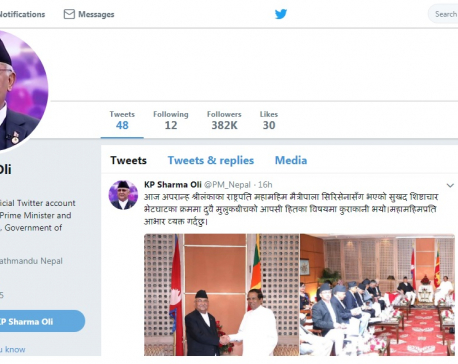
Government reaching out to people through social networking sites
KATHMANDU, Sept 2: Following the government's decision to use the social networking sites to make dialogue with people effective and... Read More...

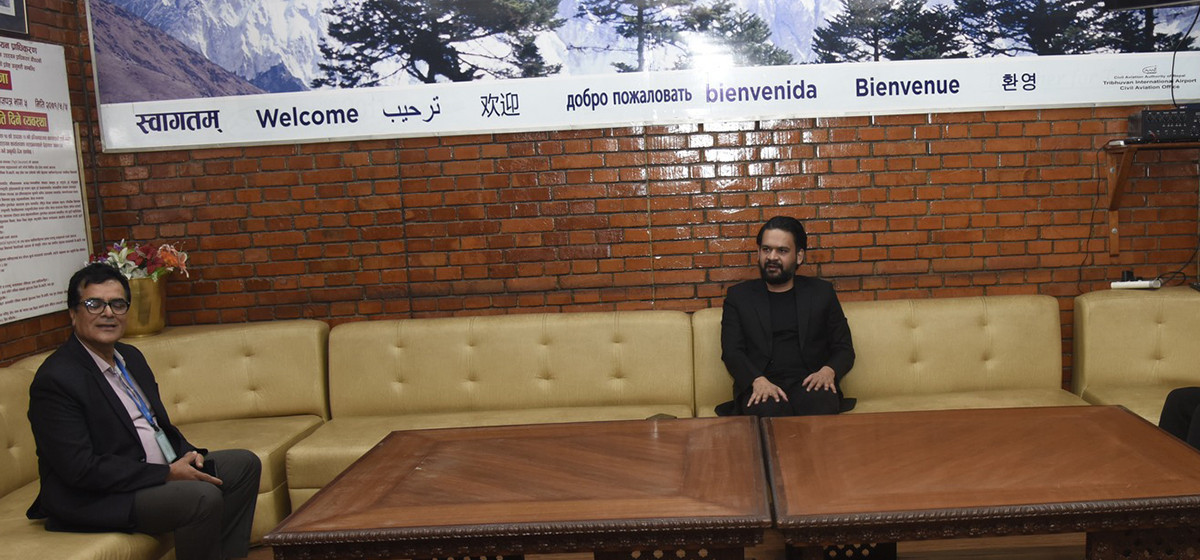
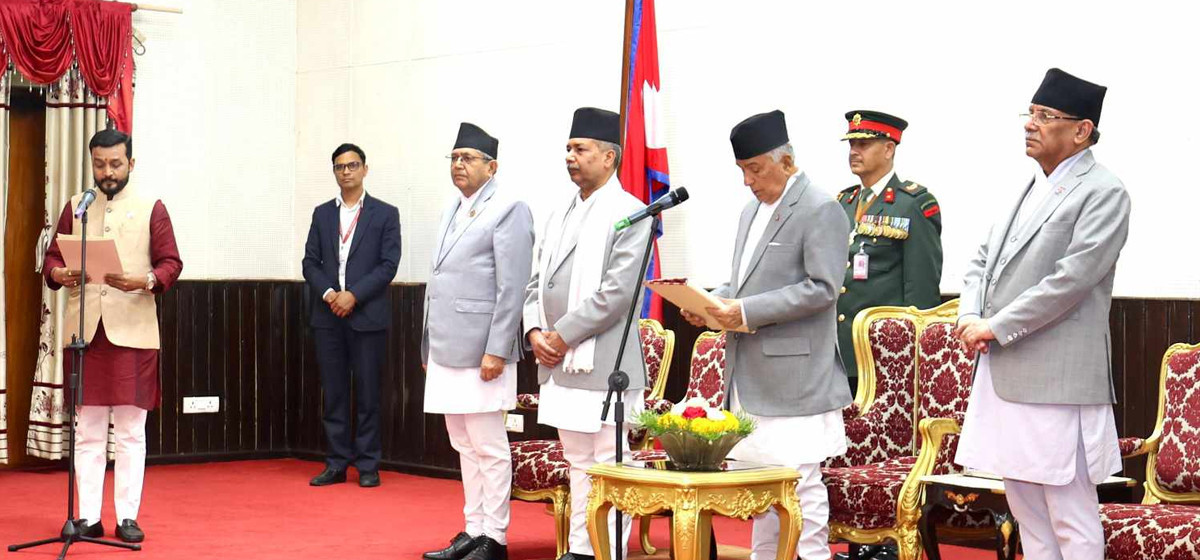
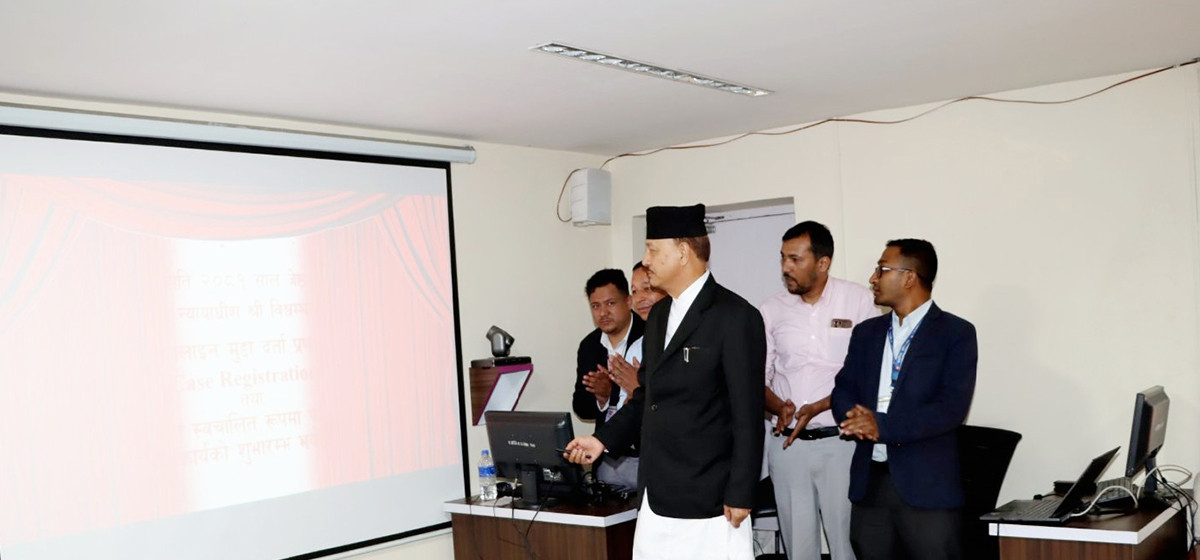
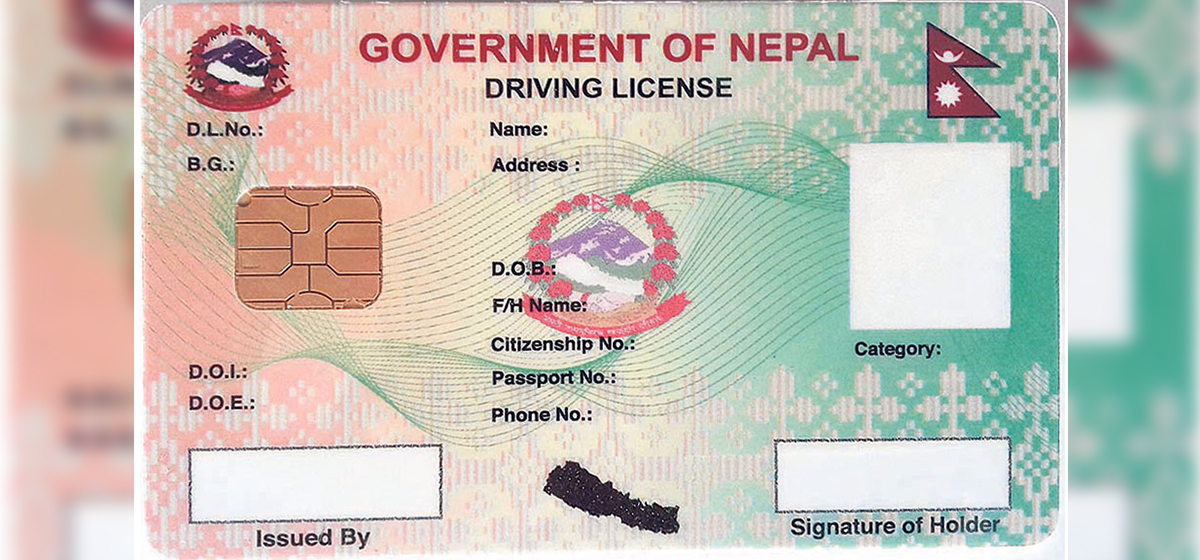
Just In
- Sudurpaschim govt spends just 34.5% of allocated budget in 10 months of current FY
- SC launches online registration of cases
- NEPSE surges 28.62 points, daily turnover rises to Rs 4.08 billion
- Hearing on cricketer Lamichhane’s case to continue Wednesday
- Global IME Bank named ‘Best Bank in Nepal for 2024’ by Global Finance Magazine
- DoTM receives lab test report of driving license cards, preparing to distribute licenses
- KMC invites applications for environmental studies and experts in various fields
- Council of Ministers approves 16th Five Year Plan, aims to increase GDP to Rs 8.6 trillion after five years



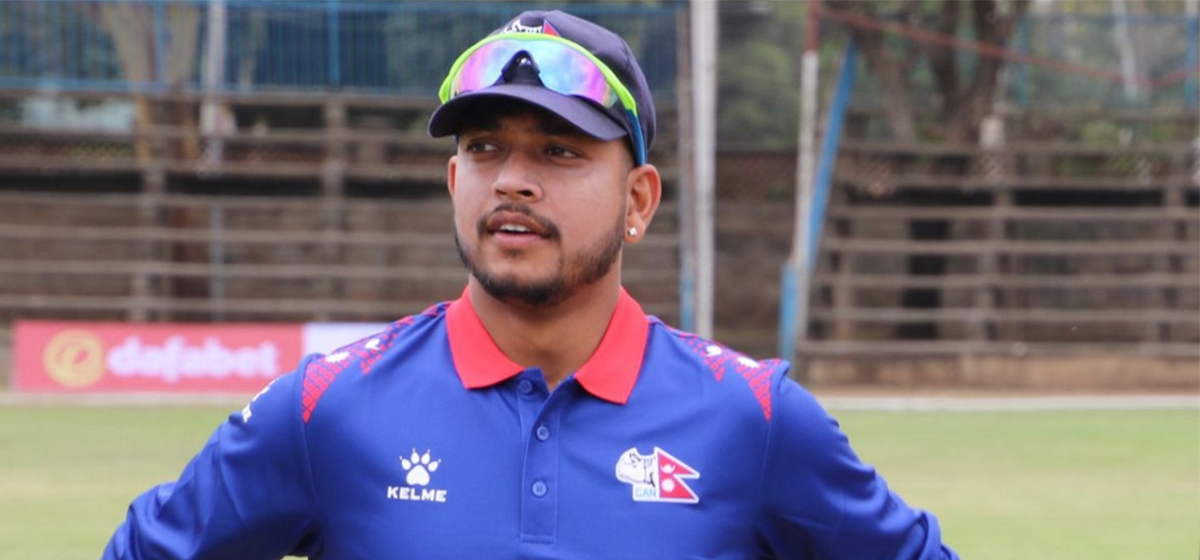

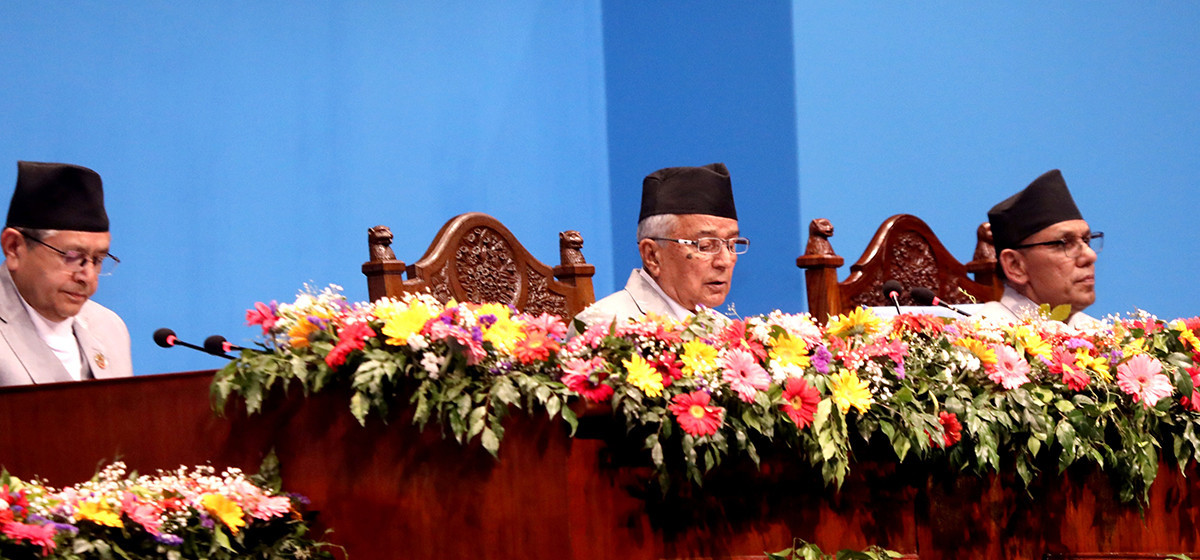


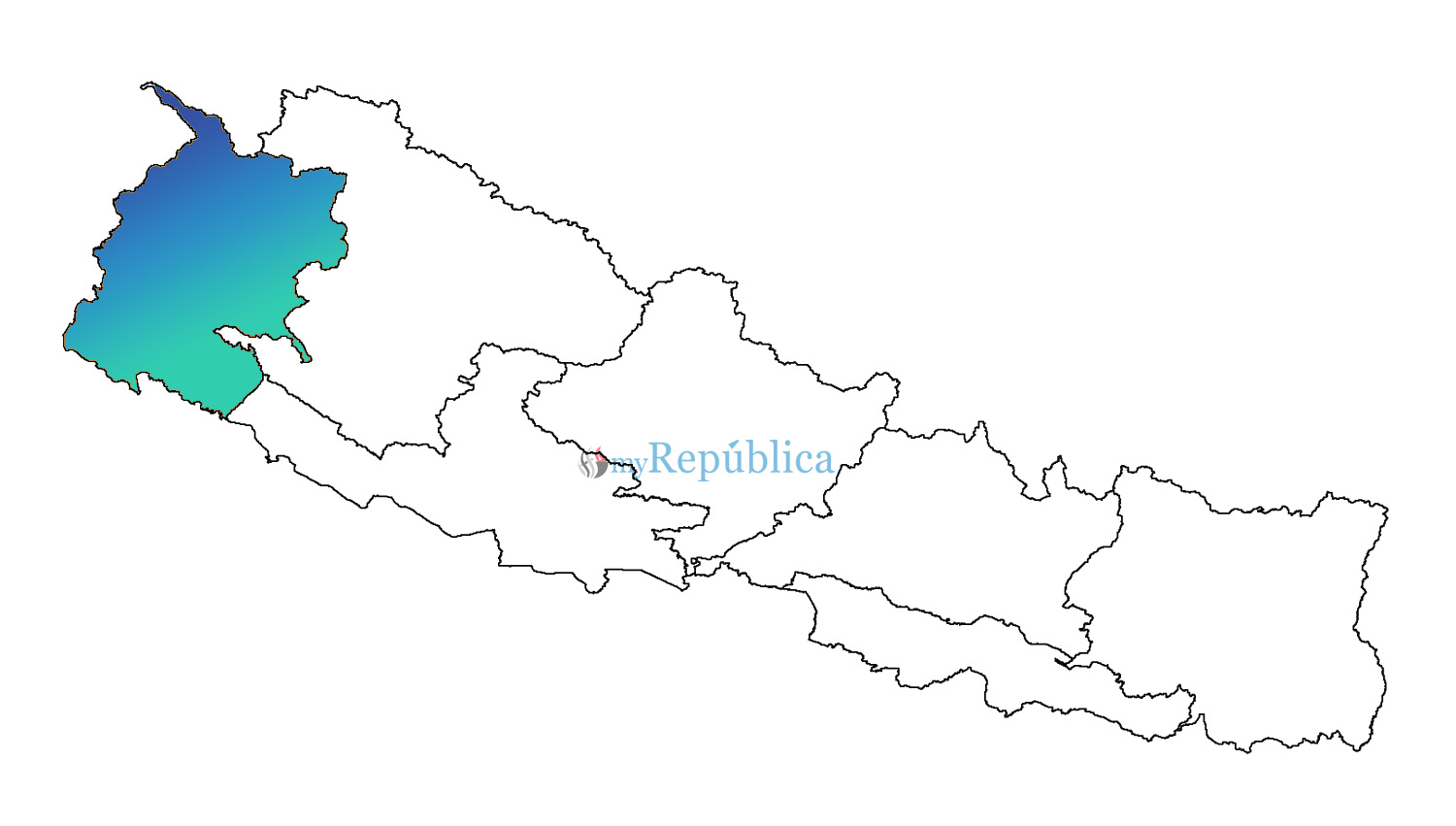

_20240514180252.jpg)
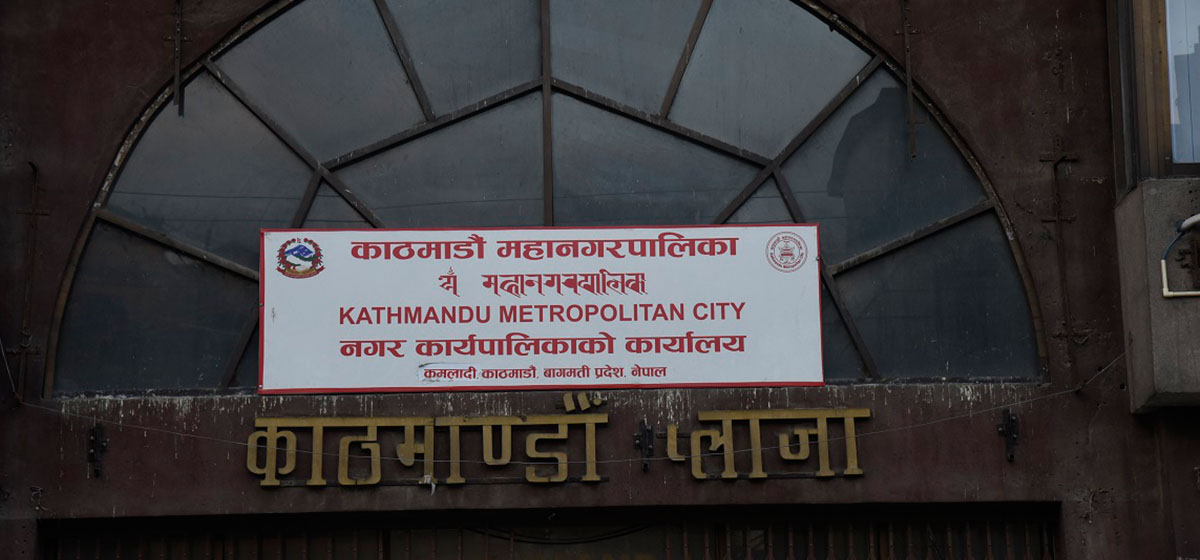
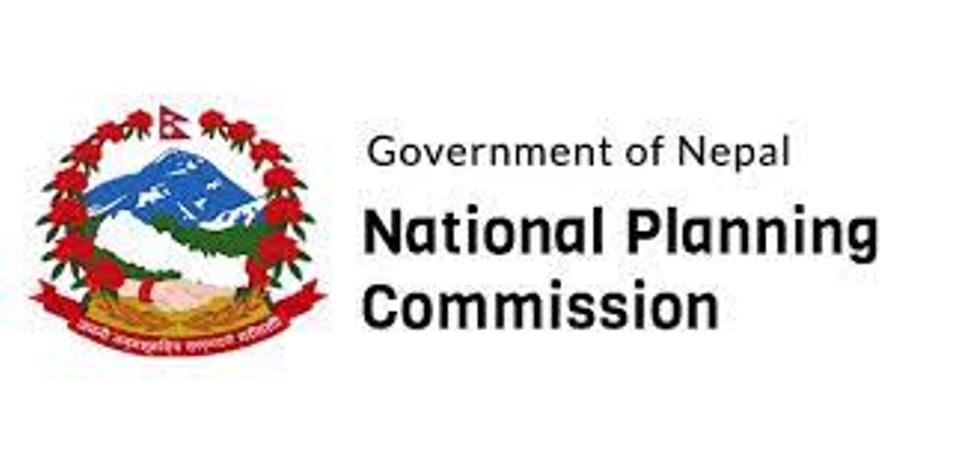
Leave A Comment